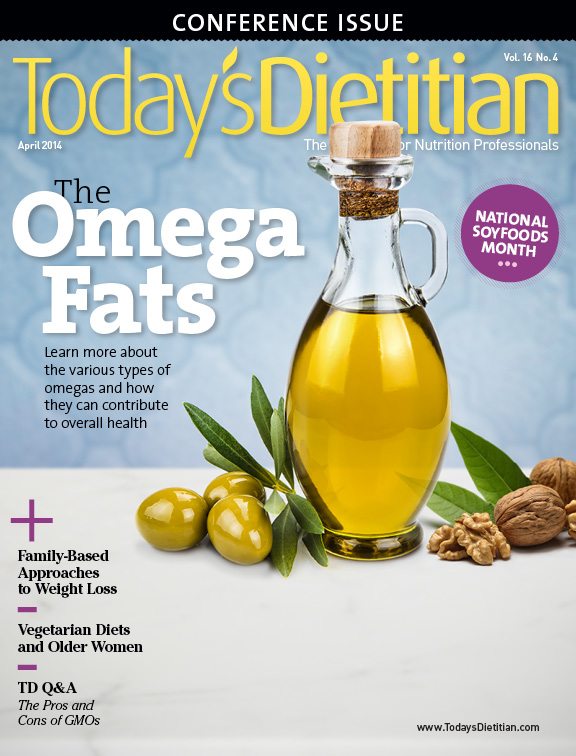Statin Use Associated With Reduced Risk of Prostate Cancer Recurrence
Men who begin taking statins after prostate cancer surgery are less likely to experience a recurrence of their cancer, according to a retrospective analysis led by researchers at Duke Medicine.
“Our findings suggest that beginning statins after surgery may reduce the risk of prostate cancer recurrence, so it’s not too late to start statins after a diagnosis,” says lead author Emma H. Allott, PhD, a postdoctoral associate in the division of urology at Duke and the Durham VA Medical Center.
A secondary analysis revealed that this protective association was significant only among men who aren’t black, although this possible racial disparity requires further investigation. The study appears online in BJU International (formerly the British Journal of Urology).
Prostate cancer is the most common nonskin cancer in men, according to the American Cancer Society. For men with localized disease, radical prostatectomy is a common treatment option. However, approximately 30% of men experience a recurrence of their prostate cancer within 10 years of surgery.



